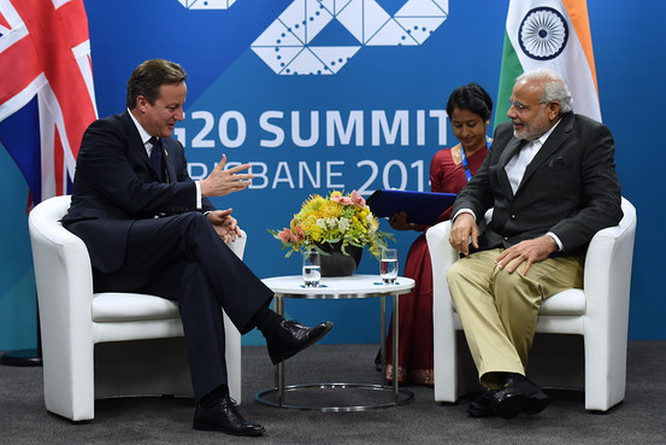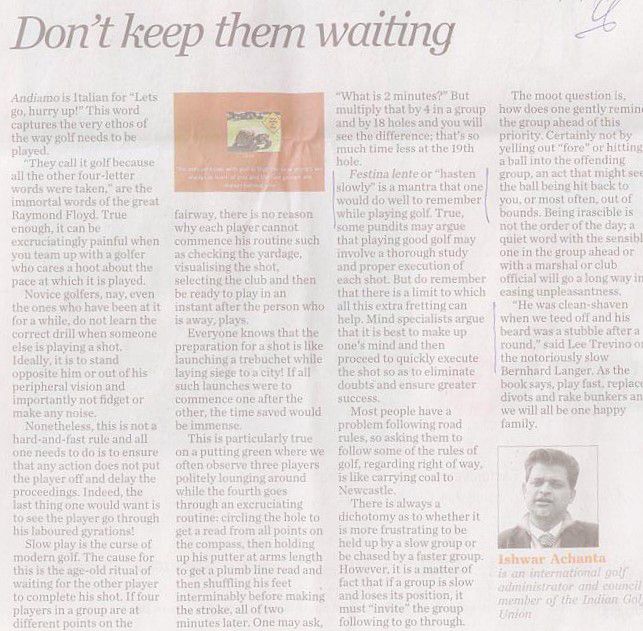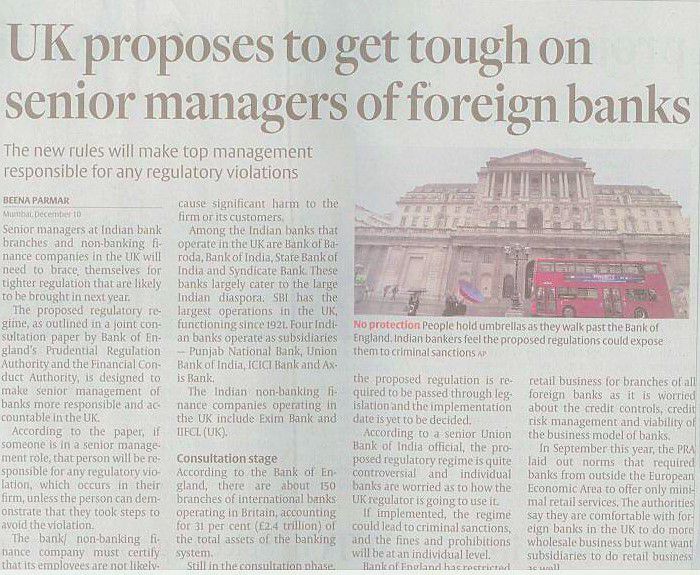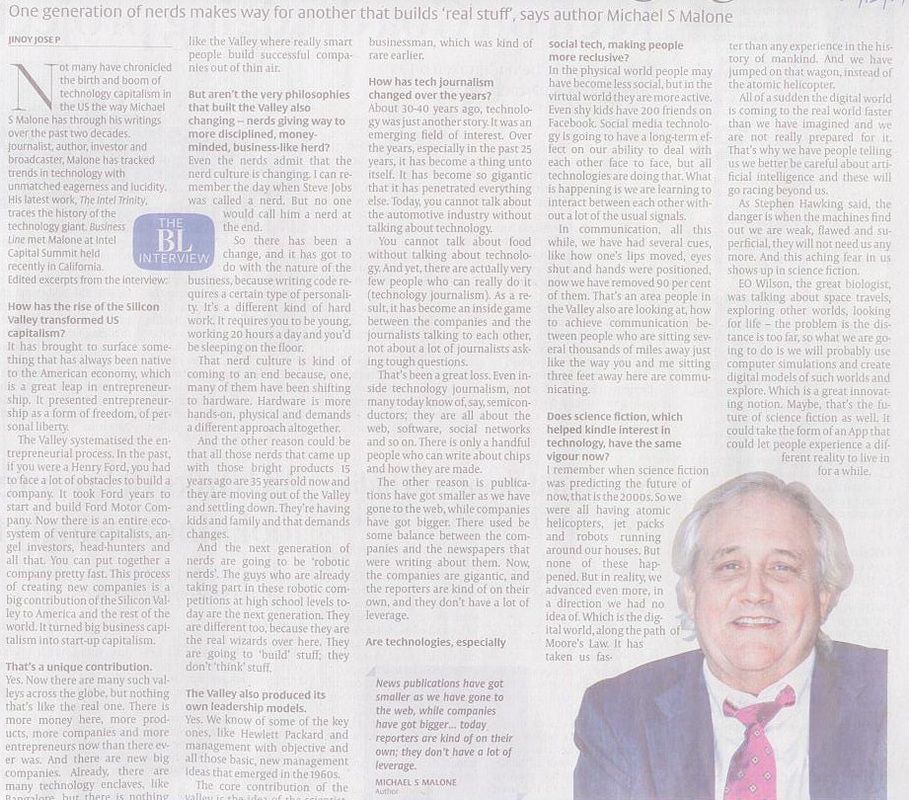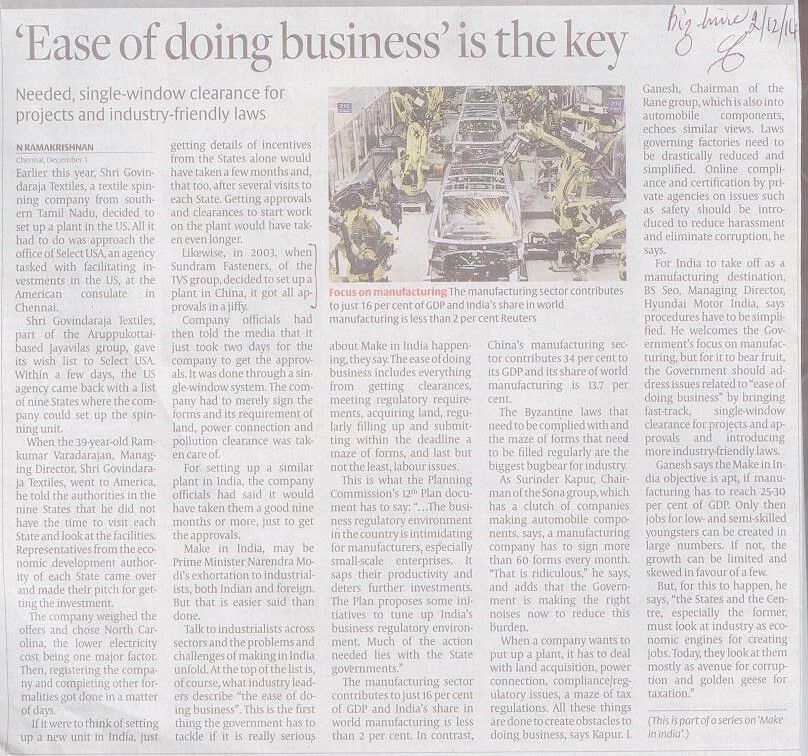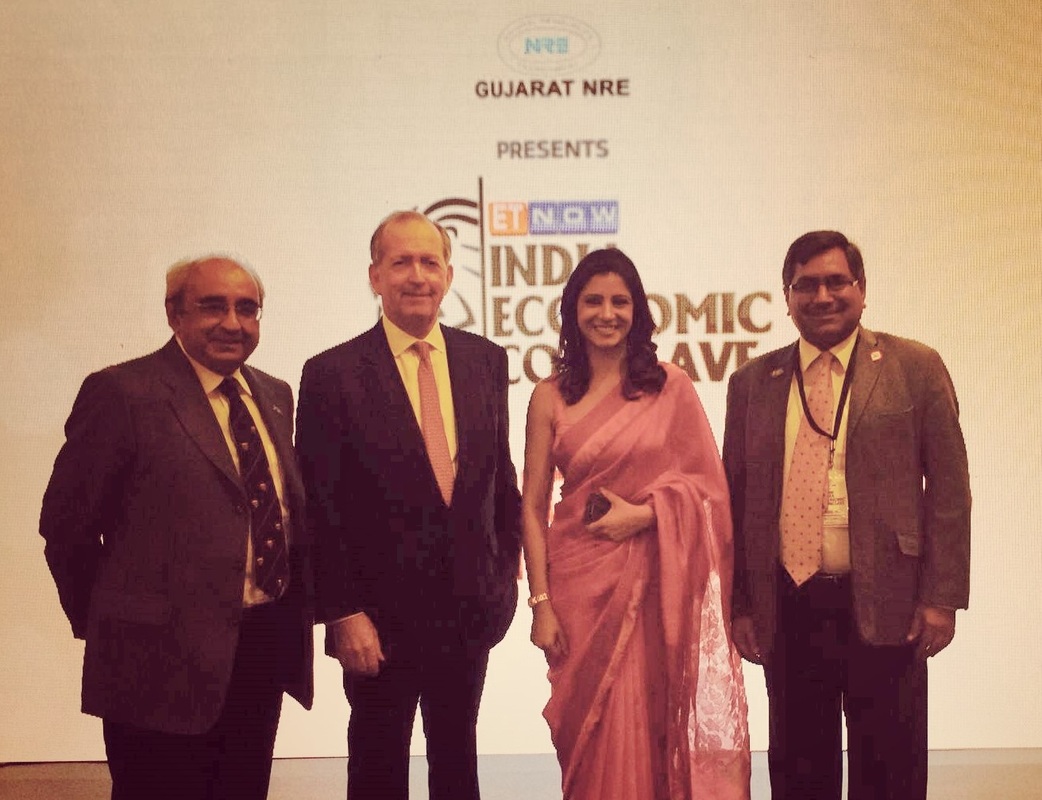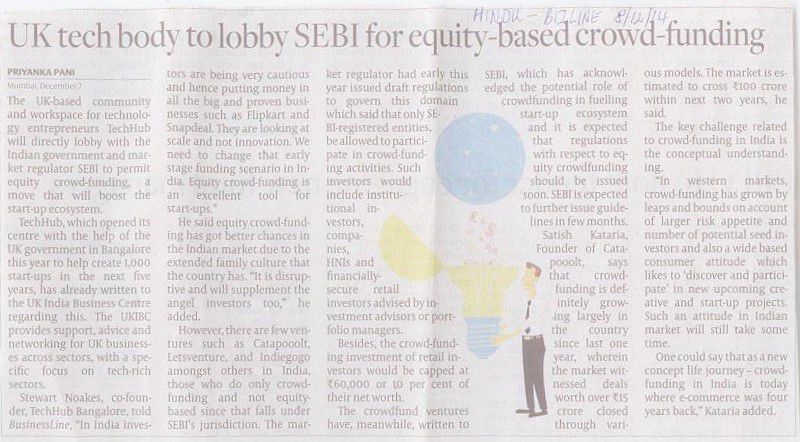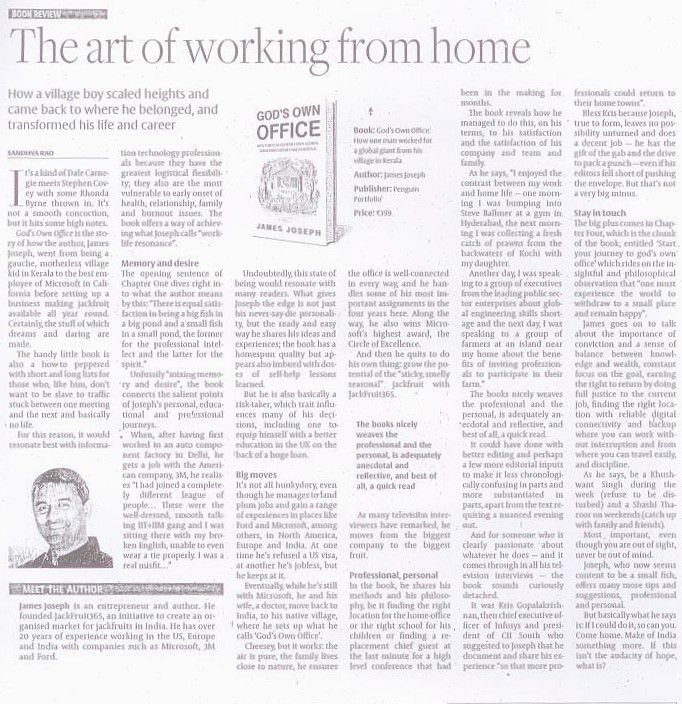This blog was featured at http://blogs.wsj.com/indiarealtime/2014/12/11/what-u-k-business-wants-to-see-in-india/
Can India’s government walk the talk? That’s the question international businesses are asking as they decide whether or not to enter the country that has proven a tough place to operate for even some of the biggest foreign brands.
International companies are waiting for the new government to fulfil some of its promises before investing here, said Richard Heald, chief executive of the U.K. India Business Council, a trade body, in an interview during a recent visit to Mumbai.
“What we’ve seen in the first six months has been a desire to rewire the machinery,” said Mr. Heald, referring to the Narendra Modi government’s promises to make doing business in India easier. “What people are looking at is delivery of what the government says,” he added.
Mr. Heald said that the international community is watching the ongoing Parliament session closely to see if the government can pass key bills that have been pending for years. If that doesn’t happen, “I think there will be disappointment,” said Mr. Heald.
Specifically, he said India needs to pass a law that would raise the cap for foreign investment in Indian insurance companies from 26% to 49%. The bill proposing such a change has been pending since 2008. On Wednesday, a Parliamentary panel submitted a report to the upper house of Parliament on the proposed insurance bill, a move that is seen as a precursor to tabling the bill.
Investors also want to see India move on passing a national tax on goods and services bill that would make it easier to do business across the country by abolishing states’ right to levy at different rates. On Tuesday, junior Finance Minister Jayant Sinha told Parliament that the government expects to adopt this tax by April 2016.
The U.K. has 800 companies already manufacturing in India, and many other companies which aren’t already present in India are looking to take up Mr. Modi’s Make In India initiative, says Mr. Heald. These include firms in the aerospace sector, civil and defense equipment-makers and basic engineering companies, he said.
Perkins Engines Co., a unit of Caterpillar Inc. which makes gas and diesel engines, has spent £150 million to set up a manufacturing plant in Aurangabad in the western state of Maharashtra that is due to be operational in the next two months, said Mr. Heald.
But firms who are looking at India for the first time, want to see action first, he said. “As the momentum and the ability of the government to enact structural reforms, which underpin the Make In India proposition become clear, then I think you’ll see the (manufacturers) coming through and investing in India,” he said.
Other British companies looking to enter India are retail firms – including both luxury and middle-of-the range brands – healthcare firms, and information technology and e-commerce firms, Mr. Heald said.
He added that India also needs to follow through on its promise of a fair tax system. He welcomed the government’s stance not to appeal a recent ruling that went against Indian tax authorities’ assertion that Vodafone Group Plc and Royal Dutch Shell Plcowed India taxes for transferring shares from their India units to the parent companies.
He said, however, that there are a large number of pending cases that the Indian tax authorities have filed against both Indian and international companies. The positive sentiment toward India “would be further enhanced when the cases that are already outstanding are resolved,” said Mr. Heald.
